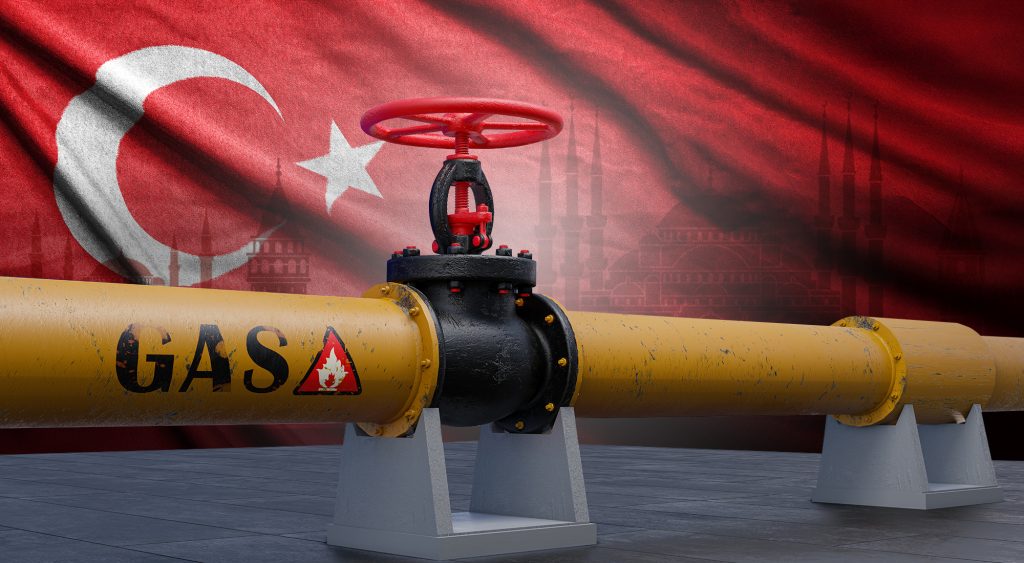
Türkiye is increasingly asserting its role as a regional power at the crossroads of energy transit corridors, particularly in the context of its natural gas policy. The country aims to enhance its geopolitical significance, especially in light of the ongoing Russia-Ukraine War, which has elevated Türkiye's strategic importance in energy discussions [9ef7ea23].
Over the past 22 years, the ruling AKP government has shifted its foreign policy focus, seeking protection from neighboring countries while expanding its influence in the region. Türkiye's economic roadmap targets a 5% GDP growth by 2027, with energy accounting for a substantial 20% of imports. In 2023, Türkiye faced a current account deficit of approximately $45 billion, highlighting the critical role of energy imports in its economy [9ef7ea23].
Natural gas constitutes 26% of Türkiye's energy mix, with 75% of its energy demand met through imports. In 2023, Türkiye imported 21 billion cubic meters (bcm) of gas from Russia, underscoring the reliance on Russian supplies despite the geopolitical tensions stemming from the ongoing conflict in Ukraine. Additionally, Türkiye's LNG imports have tripled, reflecting a growing diversification of energy sources [9ef7ea23].
The discovery of significant Black Sea gas reserves, estimated at 710 bcm, presents an opportunity for Türkiye to bolster its energy security and reduce dependency on foreign imports. The government aims to increase the share of renewable energy in its energy mix to 30% by 2030, aligning with its broader goal of achieving carbon neutrality by 2053 [9ef7ea23].
However, Türkiye's energy policy is not without challenges. Geopolitical tensions continue to affect energy contracts, prompting the government to renegotiate existing agreements and seek new partnerships. This strategy is critical for ensuring supply security and affordability in a rapidly changing global energy landscape [9ef7ea23].
As Türkiye navigates these complexities, its natural gas policy will play a pivotal role in shaping both its economic future and its geopolitical standing in the region. The interplay between energy security, economic growth, and diplomatic relations will be crucial as Türkiye seeks to balance its domestic needs with international pressures [9ef7ea23].